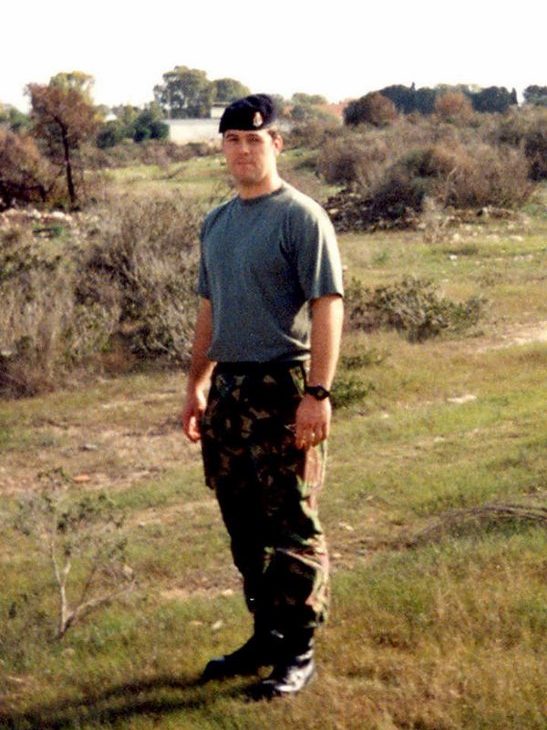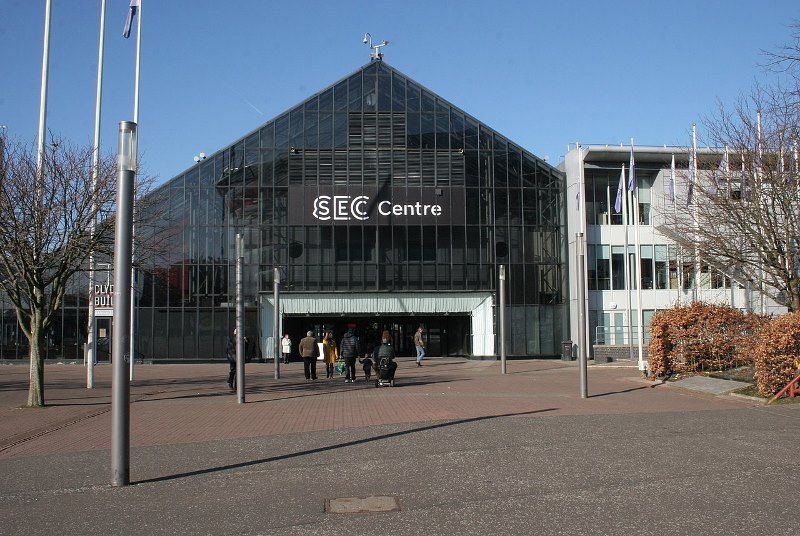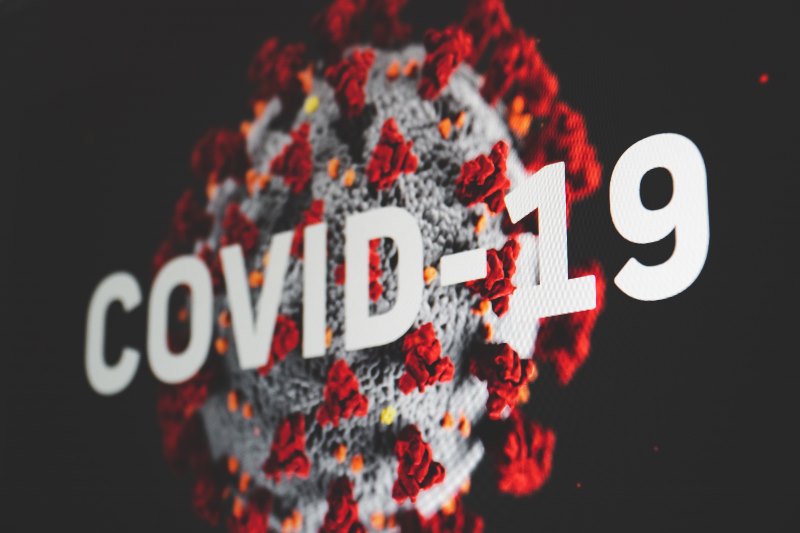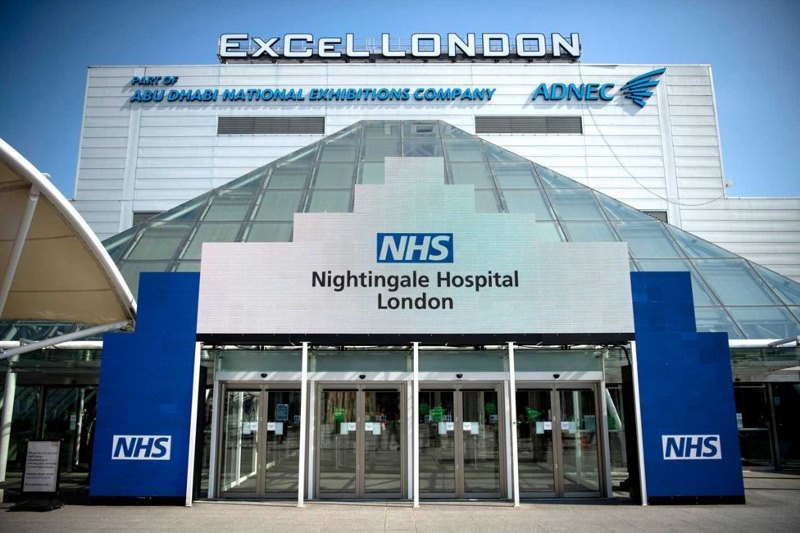While I was writing my March 2020 update, I covered how my cancer surgery had been cancelled, due to the Coronavirus. Mine, of course, was not the only one. This led me to look for the reason why so many cancer surgeries have been cancelled, at this stage of the Coronavirus pandemic. I very quickly found myself disappearing down a rabbit hole of detail, which needed a dedicated post…
The key thing that I discovered is that it is the hospitals and Health Care Trusts that have been cancelling the cancer surgeries, based in their interpretation of the threat of the Conornavirus. There does not appear to have been an obvious instruction to cancel these surgeries from the powers that be. Certainly, there has been nothing in any public statement, from any of the Government office, to the effect that cancer surgeries should be cancelled due to the Coronavirus.
So, why is it happening?
[I should point out, at this stage, that it isn’t just cancer patients who are having their surgeries cancelled. I’m aware that the decision to almost exclusively prioritise Coronavirus patients, over everyone else, also impacts a lot of other people with surgical needs. So, while I’m only specifically referencing cancer patients, I am also mindful of the broader picture.]In trying to secure my own treatment plan, over the last few days, I’ve spoken to a number of health care professionals. None of them indicated that they thought cancelling cancer surgeries, at this stage, was a good idea.
What’s going on?
Well, it seems to have started on March 3, when the Department of Health and Social Care (with its Welsh, Scottish and Northern Irish counterparts) published the, Coronavirus: Action Plan – A guide to what you can expect across the UK. This document includes some interesting paragraphs, such as when it explains phase four of the four phase plan:
Mitigate: provide the best care possible for people who become ill, support hospitals to maintain essential services and ensure ongoing support for people ill in the community to minimise the overall impact of the disease on society, public services and on the economy. (3.9)
So far, so good. No suggestion that cancer surgeries should be cancelled on behalf of the Coronavirus. Instead, the plan is to maintain essential services and you’d have to anticipate that this would include cancer treatments. After all, it is a matter of life and death!

Photo by Loic Leray on Unsplash
In the section, The phased Response – what we will do next, the plan is described thusly:
To ensure that the health and social care system is prepared to respond to all eventualities, at all phases of a potential future pandemic, the NHS/HSCNI and local authorities have plans in place to ensure people receive the essential care and support services they need – and sometimes this might mean that other services are reduced temporarily. (4.37)
So, again, essential care is protected. But the idea of temporary reductions in services is introduced. Again, not an issue as long as cancer treatments are classed as essential.
And then you get to, The Mitigate phase – next steps. This states, “The chief focus will be to provide essential services, helping those most at risk to access the right treatment.” And then in the following list, which details what the previous sentence actually means, you get:
As NHS/HSCNI staff also start to become affected, and more seriously ill patients require admission, clinicians may recommend a significantly different approach to admissions. Some non-urgent care may be delayed to prioritise and triage service delivery. Staff rostering changes may be necessary, including calling leavers and retirees back to duty. (4.48)
This introduces the concept of priorities of triage allowing a significantly different approach to admissions. But both of these are based around an impact on staffing levels. The solution to which is bringing former staff back to work. Which has been done. It also allows the delays of non-urgent care.
This creates a dichotomy between ‘essential’ care and ‘urgent’ care. Certainly, cancer treatments are essential but are they necessarily urgent?

Photo by Oliver Roos on Unsplash
Judging by the way hospitals and care trusts have reacted, apparently not!
On the same day that the Departments of Health issued their Action Plan, there was a, Joint statement from chief executives of statutory regulators of health and care professionals. These regulators included: the General Medical Council; the Nursing and Midwifery Council, and; the Health and Care Professions Council.
The Joint Statement is fantastically vague, meaning it can be interpreted in a great many different ways. Of particular interest is the section that says:
We recognise that in highly challenging circumstances, professionals may need to depart from established procedures in order to care for patients and people using health and social care services.
Again, this references there being an allowance for departures from established procedures. For example, perhaps, the speed in which cancer patients should be dealt with…?!
Which brings us to the NHS briefing guide, entitled, Clinical guide for the management of non–coronavirus patients requiring acute treatment: Cancer.
This was released on March 23 and starts with the following paragraph:
As doctors we all have general responsibilities in relation to coronavirus and for these we should seek and act on national and local guidelines. We also have a specific responsibility to ensure that essential cancer service care continues with the minimum burden on the NHS.
Well, that doesn’t sound promising. Essential cancer care, as long as it’s not a burden on the NHS…

Photo by frank mckenna on Unsplash
But it gets worse:
In response to pressures on the NHS, the elective component of our work may be curtailed.
What the Hell is the ‘elective’ component of cancer treatment?! It’s not like a nose job! Cancer patients don’t elect to have surgery to make themselves look more attractive; they have surgery to stay alive…
The guide then goes on to talk about how ‘essential care’ must still be delivered. It also covers the potentially increased risk, to certain cancer patients, of contracting the Coronavirus as a result of their treatments.
And then we get a definition of what is meant by ‘elective surgery’. It goes something like this:
- Emergency Surgery – you’ll die within 24 hours without it.
- Urgent Surgery – you’ll die within 72 hours without it.
- Elective Surgery – everything else!
Most of the rest of the document lists the priority levels of patients, by treatment, to allow for triage.
And that’s it! That is the totality of the guidance and instruction that’s been issued. This is what’s led to all cancer surgeries being cancelled, in favour of Coronavirus patients. Coronavirus patients that don’t even exist yet.
And I get triage, I really do. I was a Combat Medic with the Territorial Army, so the concept is definitely something that I’m familiar with.

When you’re faced with a glut of casualties and a limited number of medical personnel, you save as many as you can. That means that there have to be priorities. An airway issue always takes priority over a broken arm, for example. A compromised airway can lead to death in minutes, whereas a broken arm can usually wait for hours.
The same is true for the Coronavirus. It involves breathing issues, so a Coronavirus patient will always take priority over a cancer patient. Unless, perhaps, that cancer patient will die within the next three days without surgery.
But surely this only applies when you’re in a triage situation.
Only when there are not enough medical personnel to deal with the number of patients.
And we’re not there yet.
We might never get there…
Four Nightingale Hospitals are being set up, which will have 12,000 beds for Coronavirus patients. 20,000 former NHS staff have returned to help run these, and other, hospitals.
Additionally, the NHS has taken on the Private Sector hospitals, adding another 8,000 beds, 1,200 ventilators and 20,000 trained staff.
That is an awful lot of eggs in one basket!
Indeed, in Glasgow a temporary hospital is being created in the Scottish Events Campus (SEC), specifically for Coronavirus patients. In a statement on Monday 30th March 2020, Nicola Sturgeon, the First Minister of Scotland, had this to say of the facility:
I hope this facility will not be needed as, alongside the public’s contributed efforts to stay at home and the steps we are already taking to increase the number of NHS beds, we should have the beds we need.
https://www.gov.scot/news/temporary-covid-19-medical-facility/
Oh, really?
You’re building a Coronavirus facility that you don’t anticipate needing? Then how about using that extra capacity to carry out surgeries for cancer patients?!

And I do understand that there are currently something like 25% of doctors at home. Either with the virus or self-isolating because they might have the virus. But this is an avoidable issue. Test all these doctors to see if they have the Coronavirus. Or have had it, and are now immune. Likewise all medical personnel.
A lot of these people aren’t at home because of the virus. They’re at home because of the response to the virus.
But, there’s no point crying over spilt milk. We are where we are. What’s important is that we don’t stay there.
By ensuring that all medical personnel are tested properly, you keep them all where they should be. Those that are ill, stay at home. Those who are well, stay at work. This maximises capacity and reduces the need for triage at all.
Now, I get that this just sounds selfish on my part. Here I am complaining that all the cancer surgeries have been cancelled by Coronavirus, because I need a cancer surgery. But, as I explained in my March 2020 update, this is simply not the case. I’ve been approved for a course of SABR radiotherapy treatment. At the very least, this treatment will tide me over for a enough months that surgery becomes an option again.
My point here isn’t that Coronavirus patients won’t die without treatment: they will. My point isn’t even that cancer patients will die without treatment. No, my point is simply; are we sure that we have to sacrifice one group in favour of the other?
We certainly don’t have to yet.
The news report said yesterday that only 10% of hospital beds are taken up with Coronavirus patients. That is not a triage situation. This is not yet a time when all cancer surgeries need to be cancelled, because there simply aren’t enough Coronavirus patients to justify it.
The news report also said that there was an expectation that the number of Coronavirus patients would increase by 1,000 per day, moving forward. Which means that, in 14 days time, the Nightingale Hospitals will be full, and the NHS will be at, maybe, 20% capacity. Clearly, the patients wouldn’t actually be distributed in this fashion, I’m using that arrangement for illustrative purposes.
And I do understand that the number of Coronavirus patients could easily exceed 1,000 extra a day. Likewise, I get that the projected peak of the outbreak is expected to be in May, so things will get a lot worse. But, equally, there is still an awful lot of capacity remaining in the NHS. And all the Private Sector facilities…
so, let’s make hay while the Sun shines. There’s no need to have cancelled all the cancer surgeries now, when the Coronavirus peak is several weeks away. There will almost certainly be a time when the pressure of Coronavirus patients means that cancer surgeries will need to be cancelled. But is that really now?
Because I can’t see any justification that it is.
It really seems like we’ve jumped the gun with this. And, wow, I’m using a lot of metaphors today!
Which is probably my cue to draw this to a close. To do so, I’ll include a quote from the Health Service Journal, which demonstrates that triage can be a double-edged sword:
“Nobody knows how bad it’s going to get — that’s the trouble. The danger is… if staff are taken away [from cancer treatments] to help patients in ICU on ventilations (sic). Do you keep a [patient] on a vent with 10 per cent chance of survival and throw cancer patients under the bus?”
https://www.hsj.co.uk/patient-safety/cancer-treatment-delayed-as-patient-priority-lists-drawn-up/7027211.article
All I’m trying to do, here, is suggest that we continue with surgeries for cancer patients until we actually need to stop. That seems the best way to keep the most people alive over the coming 18 months. Otherwise there are going to be a lot of missed opportunities to treat cancer patients before it was too late for them.


2 thoughts on “Coronavirus and Cancelled Cancer Surgeries”
I have posted this to my Facebook and asked friends to re-post. I hope your other followers can do the same. This message needs to get out!!! Thanks for writing it!
Thanks Cindy,
I had been worried that I might come across as self-serving, so I’m glad it’s a message you want to hear.
All the best,
Paul